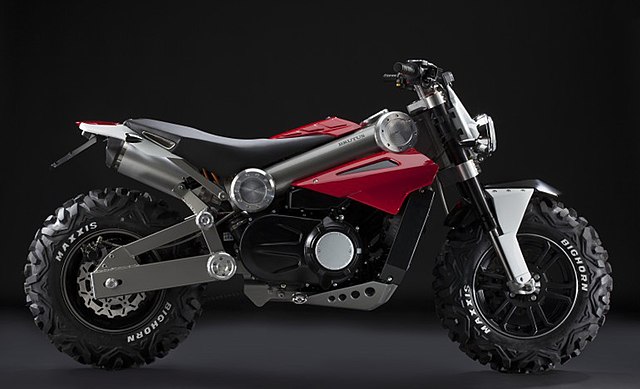According to Spiro, its mission extends beyond transportation. Spiro has developed the infrastructure for renewable energy in mobility, with about 350 battery swapping and charging stations set up throughout Africa. Spiro plans to build an additional 3,000 battery charging and swapping stations as part of this new arrangement with Kenya, further boosting the country's EV infrastructure.
Kenya's commitment to environmentally friendly technology is evident in this project. The switch to electric motorcycles from conventional internal combustion engines has numerous advantages, many of which are relevant for the "last mile" of travel. This shift has the potential to reduce greenhouse gas emissions and offer a long-term answer to Kenya's transportation problems.
Kenyan President William Ruto made the official announcement while at the Spiro launch event in Mombasa, underscoring the country's unwavering dedication to renewable energy and environmentally friendly transportation.
Spiro has quickly gained traction in the African e-mobility sector since its launch a little more than a year ago. Nearly 10,000 electric bikes have been successfully distributed by the company, which has operations in nations like Benin, Togo, Rwanda, and Uganda. Over 90 million km of environmentally beneficial travel have been made possible by these EVs, avoiding over 5,000 tons of CO2 emissions. Spiro has now expanded into Kenya, a crucial market for the motorbike taxi industry on the continent. Annual ICE motorcycle sales in Kenya are close to 300,000. This offers a sizable potential market for those looking to electrify this industry.
Conclusion:
Spiro has committed to establishing a manufacturing facility in Kenya. It is predicted that this project will generate thousands of job opportunities, along with the construction of charging stations and the hiring of service personnel.

